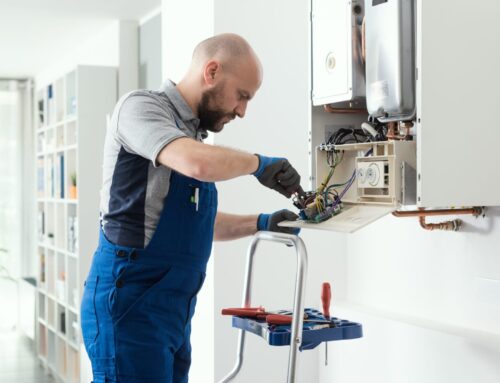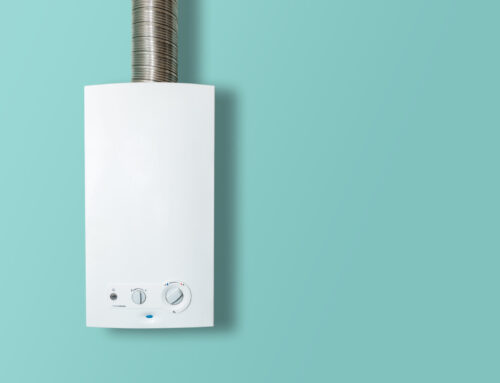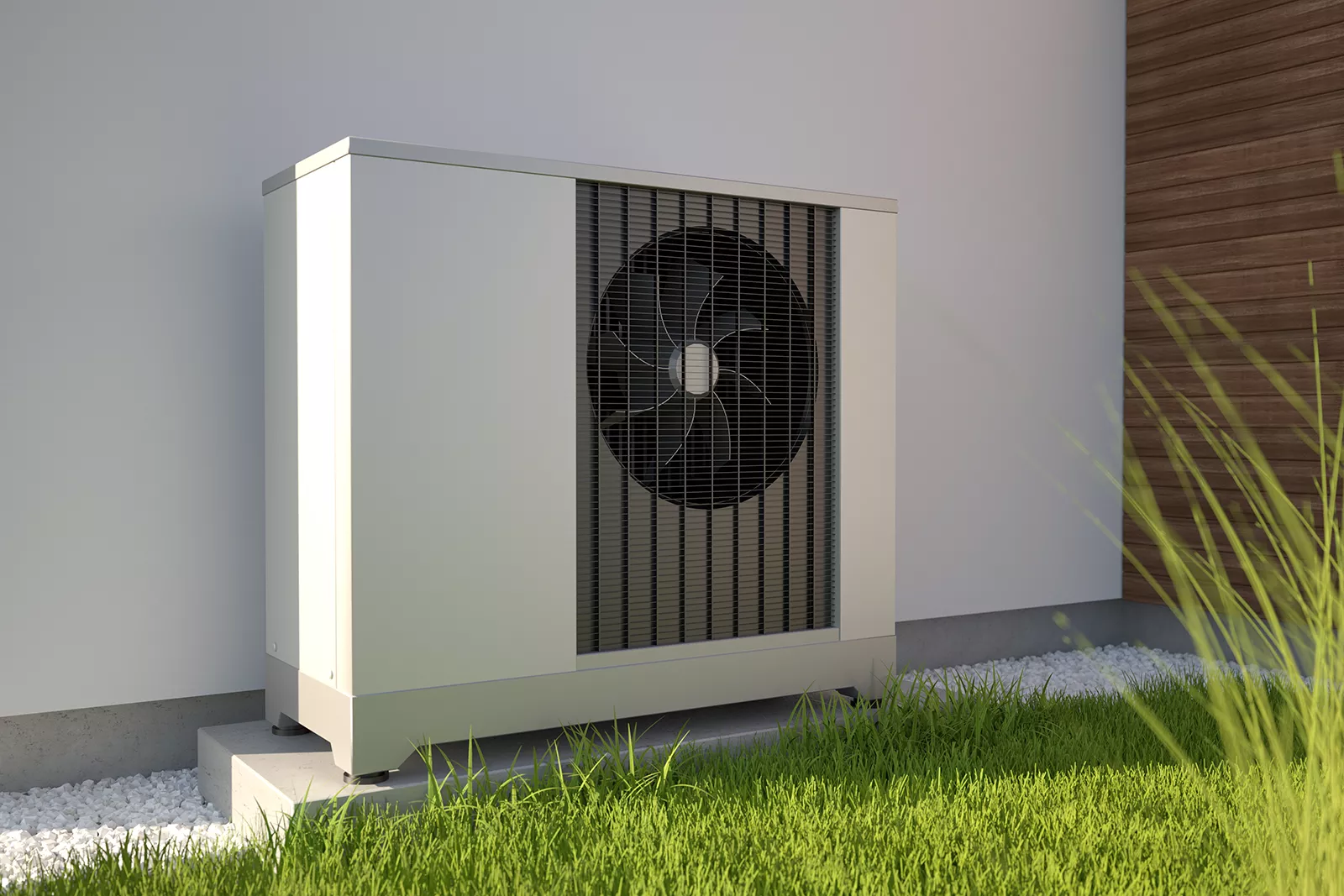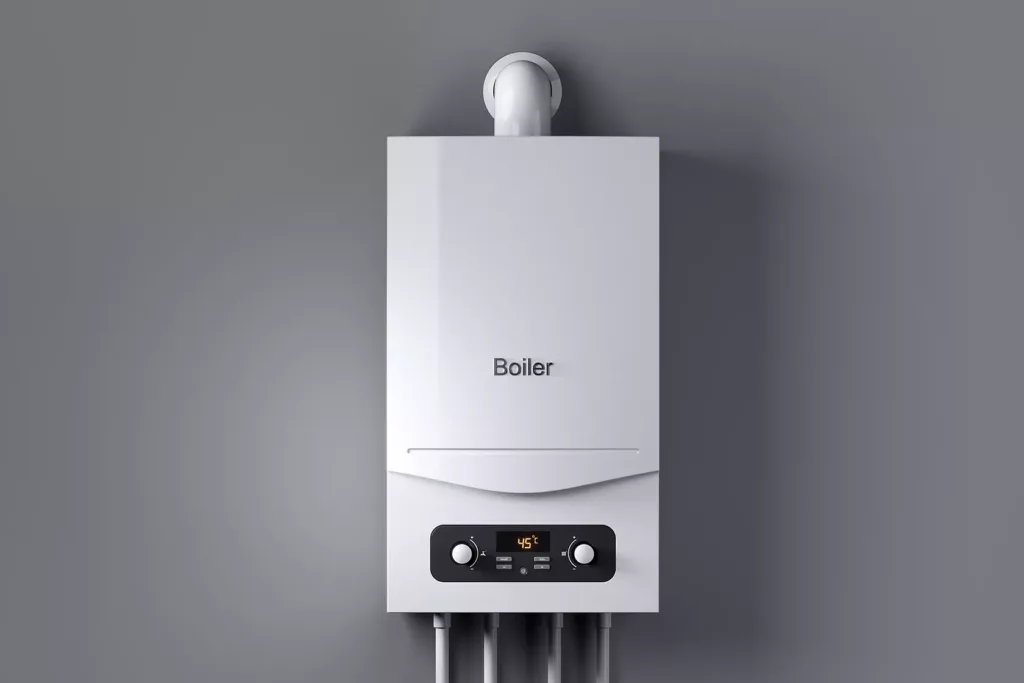
Your boiler is a critical piece of equipment for the wellbeing of your home and your family. It provides warmth, hot water and comfort. However, it works very hard to do this, often running around the clock to keep supplies readily available and hence, sometimes it breaks down because it is being over-worked. This can happen at the most inconvenient times and often without warning, leaving you high and dry, and probably very cold.
A broken boiler can be very damaging to your home and your lifestyle, and you need to guard against the most disruptive fallout.
Common signs that your boiler has broken down
Typical signs that your boiler has broken down include:
- You have no heating
- You have no hot water
- There are banging sounds coming from the boiler
- You can smell gas and there is a gas leak
- You can see a water leak
These symptoms suggest a broken boiler, and mean you need to act quickly. Typical causes of these symptoms include:
- Low pressure in the boiler
- Water or gas leaks due to component failure
- The pilot light has gone out or is producing a weak yellow/orange flame rather than a strong blue flame
- Debris or dirt has caused component failure
When you find that your boiler isn’t working it is important that you don’t attempt to repair it yourself. It could be unsafe to do so, and you are not qualified to do so. Attempting to fix a boiler yourself could also invalidate a warranty agreement or an insurance policy. However, there are things you can do quickly when you discover your boiler is broken:
Isolate the issue
While you are not expected to be an expert in how boilers work, it may be very obvious what the problem is. If there is a gas leak you will be able to smell it, so turn off your gas supply. If there is a water leak you will probably be able to see water dripping or there will be a wet patch on the floor, so turn the water supply off. This action should stop the problem causing any more damage. Whatever the problem is, and it may be neither of these things, you should turn the boiler off to ensure it is safe. But before you do that, check if there is an error message. Some boilers have a digital display and if there is an error message or number, this will mean nothing to you but might help a boiler repair professional, so make a note of it.
Call Emergency Cover
In this instance you need a professional boiler repair, so call Emergency Cover and we will have someone with you within four hours. Emergency Cover have local engineers available and accessible 24 hours a day, so we can react to your boiler problem whatever time it occurs. You never know when a boiler problem may happen so it is an important element of your household infrastructure system to have a recognised and reliable boiler repair professional to hand, and Emergency Cover is the number you need.
Prepare for the engineer
While you wait for the engineer you can start to clear up any mess the broken boiler has caused, but it is also important that the engineer has good, clear access to the boiler so that they can get working on it straight away, so clear any obstructions and make sure the engineer has plenty of room to work. Boilers are often hidden away in cupboards or small spaces, so do what you can to make it easy for them. You can also retrieve information on the boiler make and model and any service history. This might highlight previous problems which could help the engineer diagnose the current issue.
What to do after the boiler has been repaired
Once Emergency Cover have repaired your boiler, there are a number of things you can do to make sure your boiler operates effectively and efficiently, and so that you can avoid these costly disruptions in the future:
- Servicing – a regular service of your boiler makes sure it is clean and running efficiently and that all components are checked and replaced where necessary.
- Bleed radiators – during operation air pockets can get into the system and this manifests itself in cold spots in radiators and means there is an extra strain on your system which can damage the boiler. Bleeding your radiators releases this air pressure and helps the water to circulate more efficiently.
Insulate external pipework – a common problem with boilers is outside pipework freezing, and you can avoid this by insulating your pipework. This will also avoid heat loss and means your boiler will operate more efficiently, hopefully also saving you some money on your energy bills.










